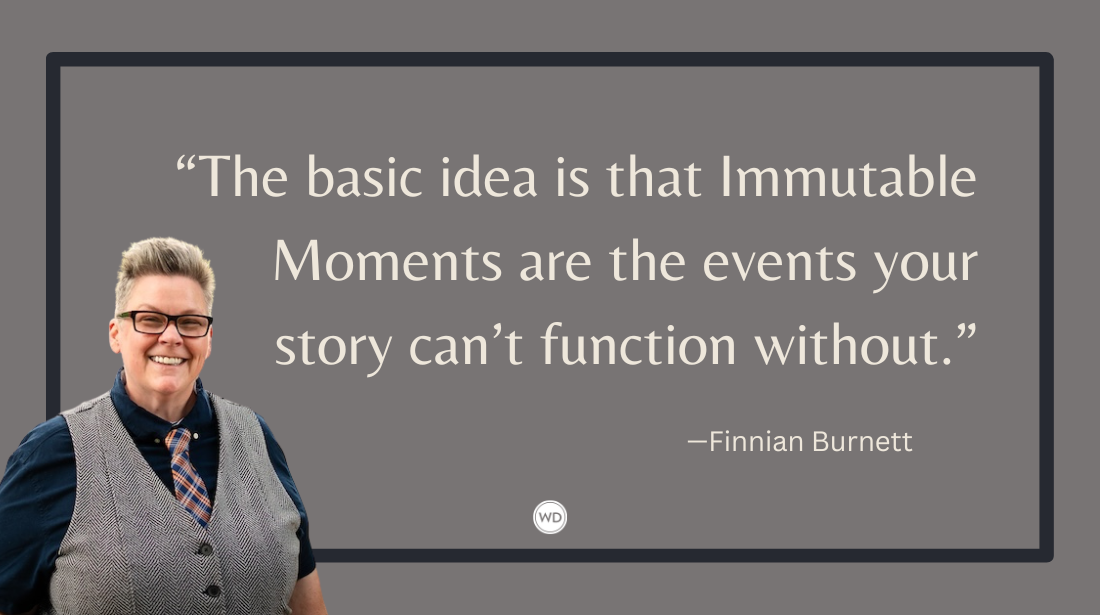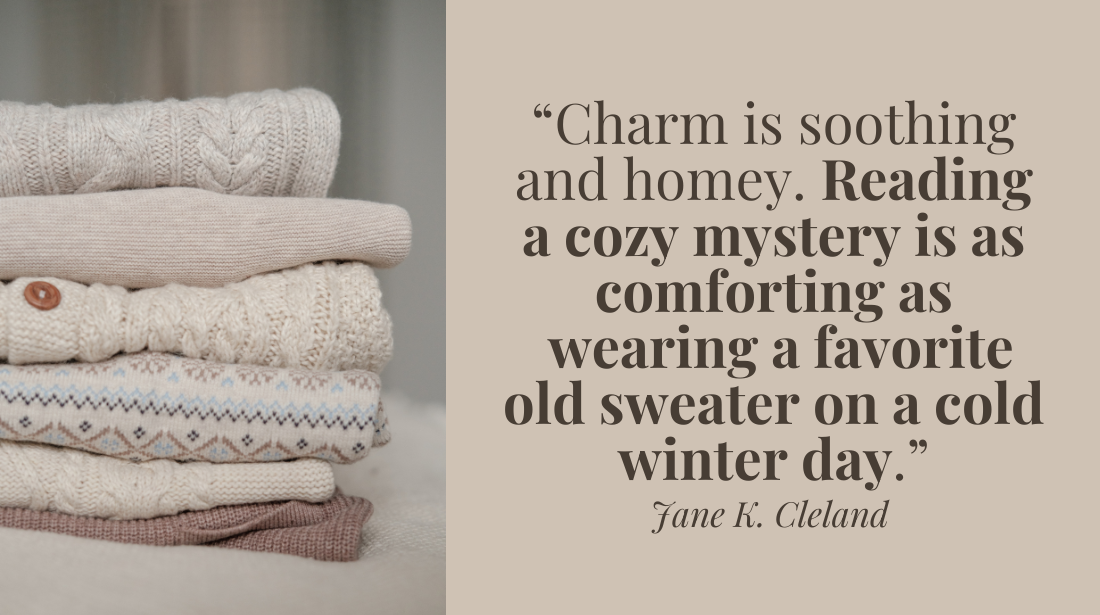Writing Mistakes Writers Make: Dismissing Stories That Aren’t From Books
The Writer’s Digest team has witnessed many writing mistakes over the years, so we started this series to help identify them for other writers (along with correction strategies). This week’s writing mistake is dismissing stories that aren’t from books.
Everyone makes mistakes—even writers—but that's OK because each mistake is a great learning opportunity. The Writer's Digest team has witnessed many mistakes over the years, so we started this series to help identify them early in the process. Note: The mistakes in this series aren't focused on grammar rules, though we offer help in that area as well.
Rather, we're looking at bigger picture mistakes and mishaps, including the error of using too much exposition, neglecting research, or researching too much. This week's writing mistake writers make is dismissing stories that aren’t from books.
Writing Mistakes Writers Make: Dismissing Stories That Aren’t From Books
I was talking to some friends the other day about our favorite TV shows, and I mentioned that I’m really excited about the next installment of Netflix’s “Haunting of” anthology mainly because I love the way that the show handles the collision of past and present.
It made me realize how often I make comments like this with my recommendations—it’s not uncommon for me to say that I was impressed by character development, pacing, plot twists, or use of setting in a TV show, movie, or podcast, the same way that I would a book or short story.
We often talk about how reading other genres can be helpful for exploring your writing, but other kinds of storytelling are just as important. Have you ever watched a really emotional scene and found yourself caught up by the minute facial movements that show a character’s shift in understanding? Or the sounds that accompany an action? Or even the timbre and fluctuation of a voice?
It's important to understand that every kind of story can help you increase your writing skills, even ones that aren’t written on a page.
Mistake Fix: Seeing a Writing Lesson Everywhere
If you’re a fan of movies, TV, or podcasts, it can be tough to train your brain to see them objectively. I’d start with media you’re already familiar with and really enjoy. You can create a little worksheet for yourself as you watch or listen to them, identifying specific things that you’d like to replicate in your storytelling.
Here are some examples:
Character
- Do the characters have any physical quirks that are tied to their development (very loud laugh, gesturing with their hands, etc.)?
- Do the characters have emotional quirks that are tied to their development (using humor to avoid serious emotion, short temper, etc.)?
- What motivates this character? Are they family- or career-oriented? Do they have some trauma in their past that they’re trying to avoid happening again?
- What is the character’s goal? Do they seek personal connection, promotions or other professional developments, a change in their family dynamic, etc.?
- Characters usually end up finding something they didn’t know they wanted, like romantic love, a found family, faith, an uncovered truth, etc. What does this character end up with that they didn’t realize they wanted at the beginning?
- What is this character’s fatal flaw? Do they end up overcoming it? Why or why not? How does this flaw affect the plot of the story?
Setting
- How does this place make the characters feel when they’re there?
- What details about that setting make the characters feel that way?
- How do you imagine that setting smells? What specifically would make it smell that way? Would the characters be very aware of smell, or would it fade into the background unless deliberately pointed out?
- What kind of colors would be present in that setting? How do they effect the character?
- What kind of sounds are normal for this setting? Where are they coming from? Would the characters be aware of them, or would they fade into the background?
- How does the setting tie into the plot? What would be different about the story if it was set somewhere else?
Plot
- What do you like about the pacing of this story? Would you change anything?
- What is the inciting incident that sets this story into motion?
- Conflict is usually established early on in a plot to lay out the story’s stakes; what kind of conflict does this story employ? How soon is it established?
- The midpoint of the story is usually where the character has to make a decision that will change the course of the plot. What is this story’s midpoint? What would be different if the character had chosen differently? How did the midpoint effect the plot’s resolution?
- Is this story in a three-act structure? How did this structure work for the story’s benefit?
- Are there any plot points that weren’t fully explored that should have been?
When you start looking at media through a writer’s lens, you’re able to peel back the layers to see what’s working and what’s not. Identifying these can help you to be more critical about your work, giving you a stronger base to build on.
Since obtaining her MFA in fiction, Moriah Richard has worked with over 100 authors to help them achieve their publication dreams. As the managing editor of Writer’s Digest magazine, she spearheads the world-building column Building Better Worlds, a 2023 Eddie & Ozzie Award winner. She also runs the Flash Fiction February Challenge on the WD blog, encouraging writers to pen one microstory a day over the course of the month and share their work with other participants. As a reader, Moriah is most interested in horror, fantasy, and romance, although she will read just about anything with a great hook.
Learn more about Moriah on her personal website.








